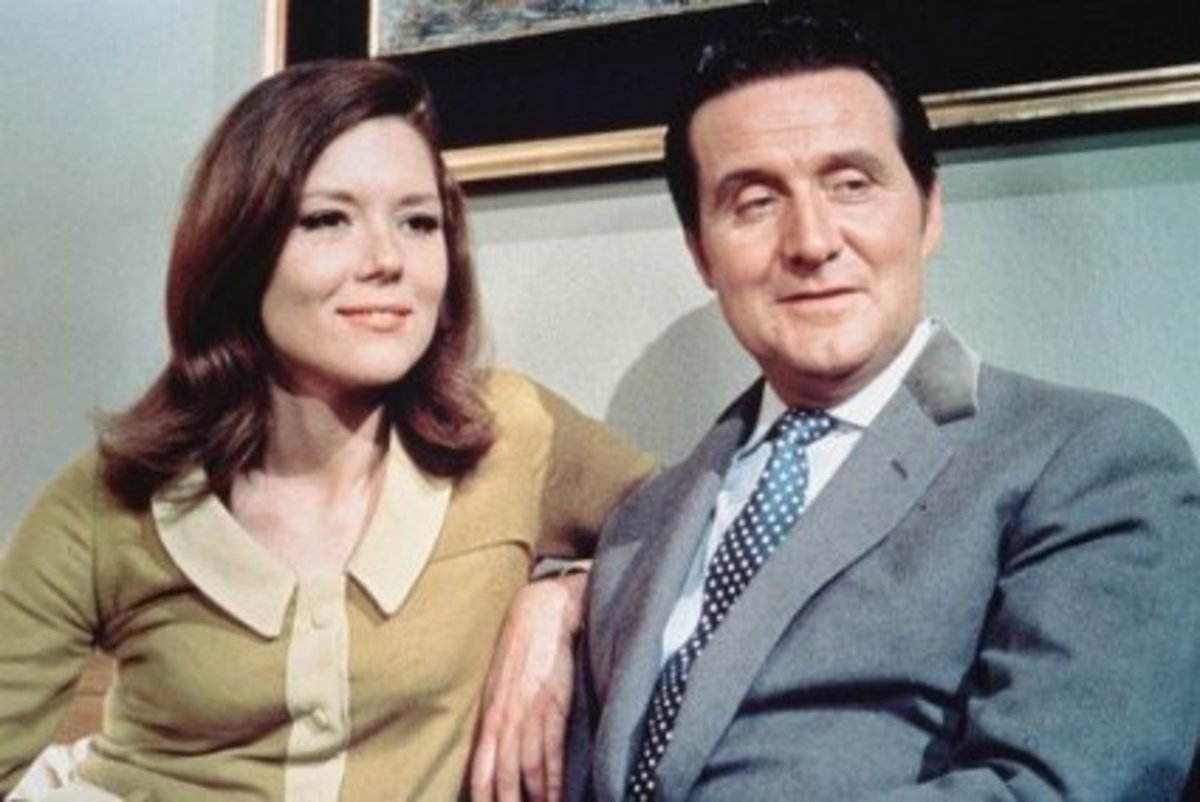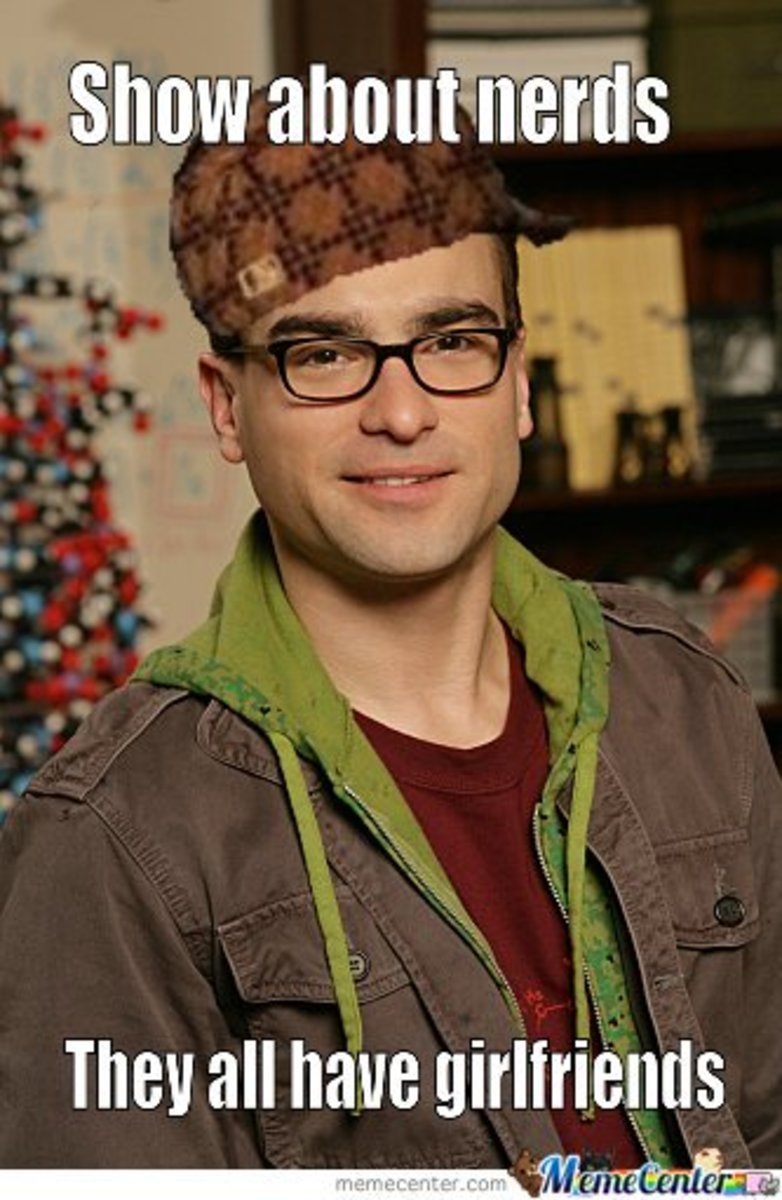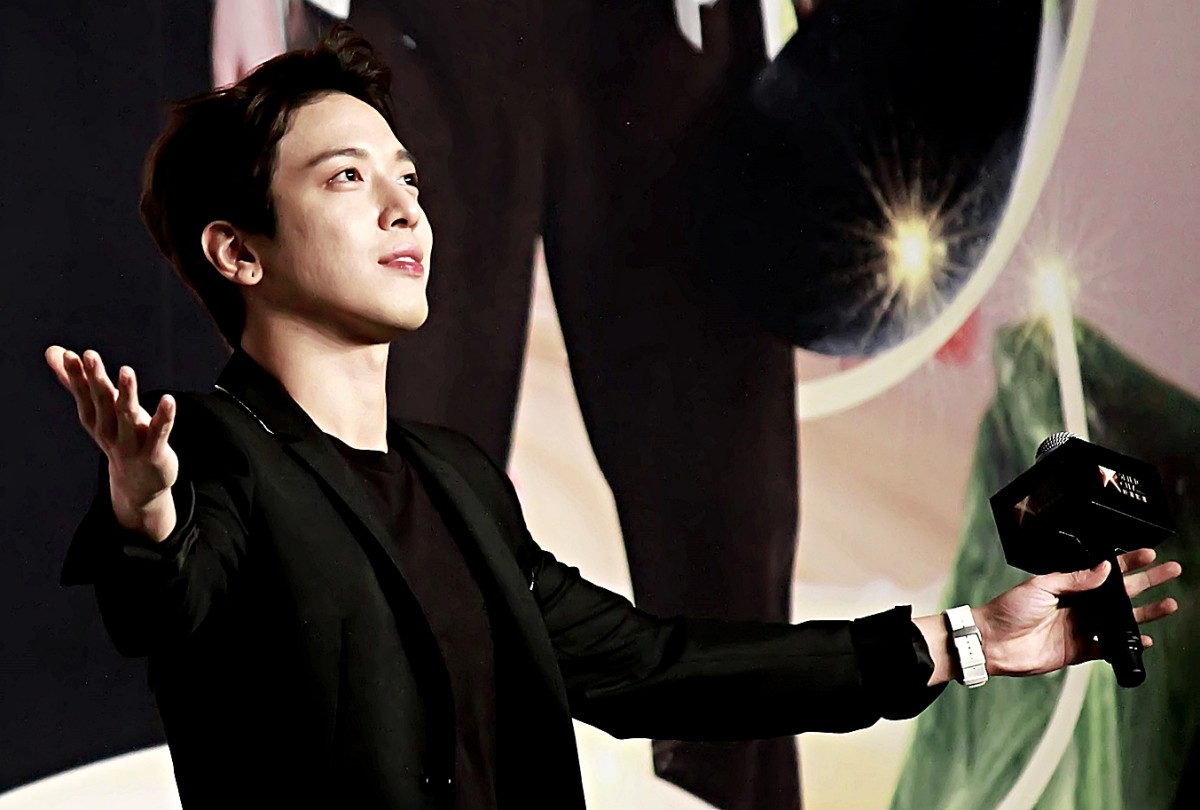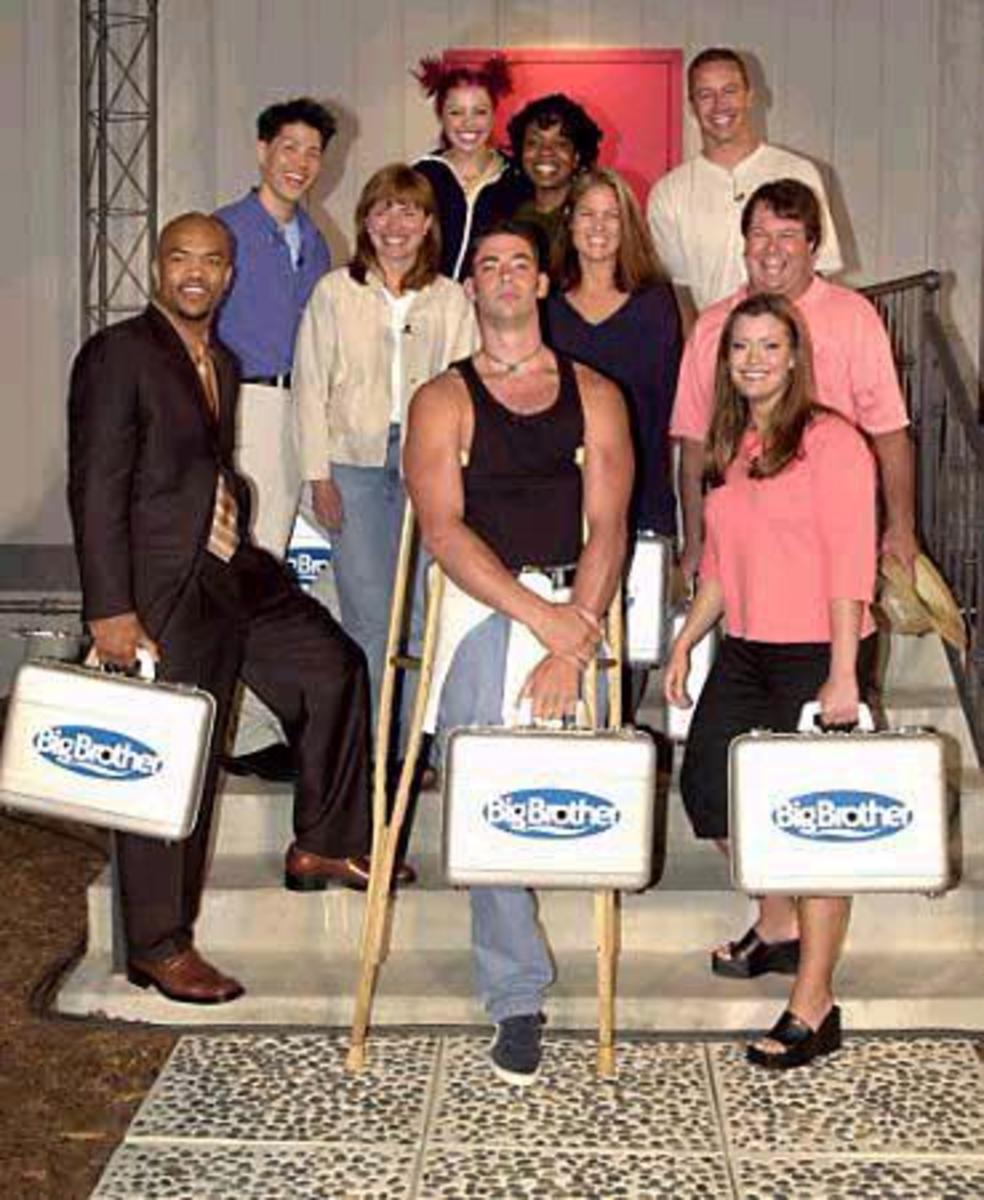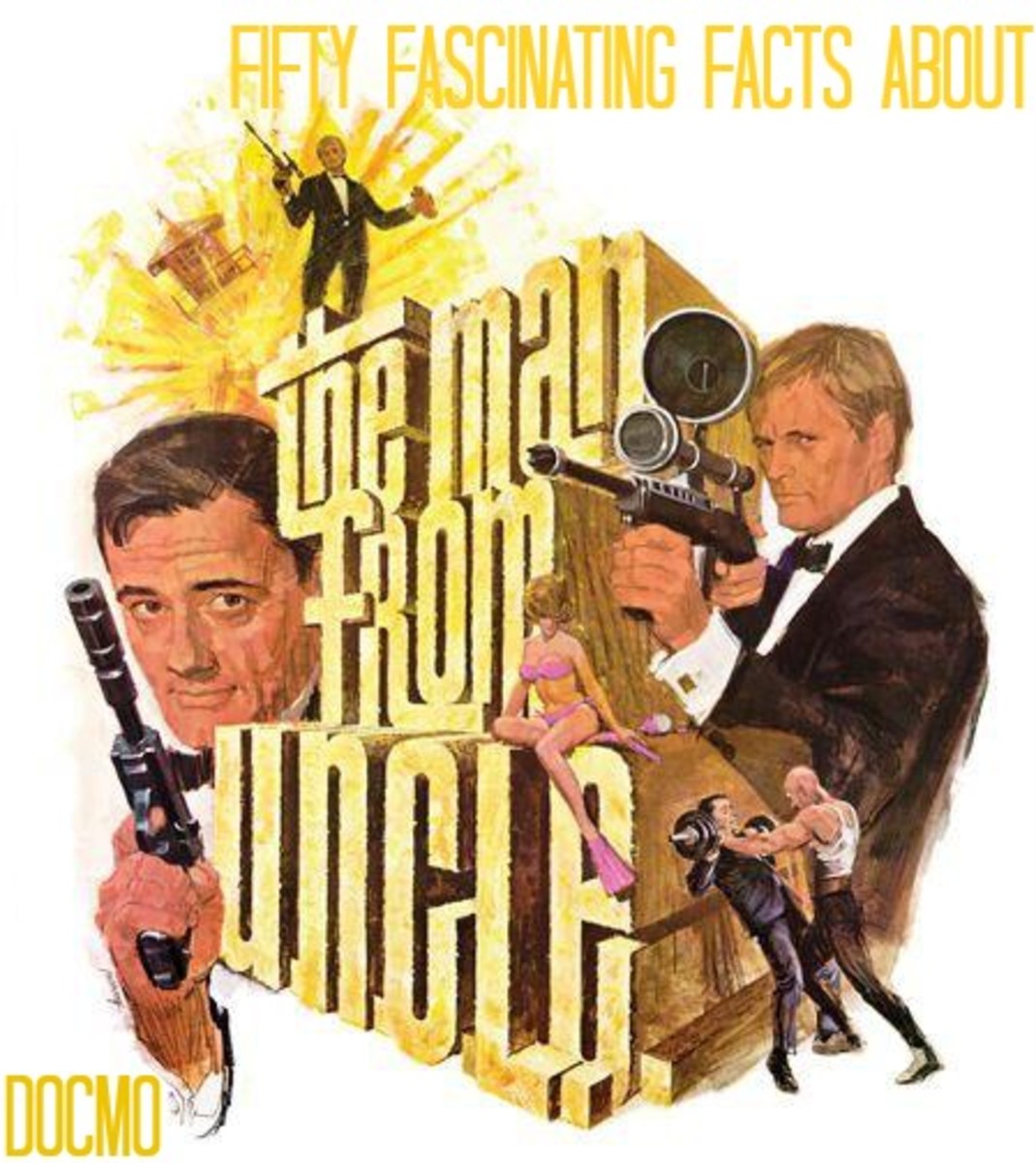NBC's "Community" Deserves Its Recognition
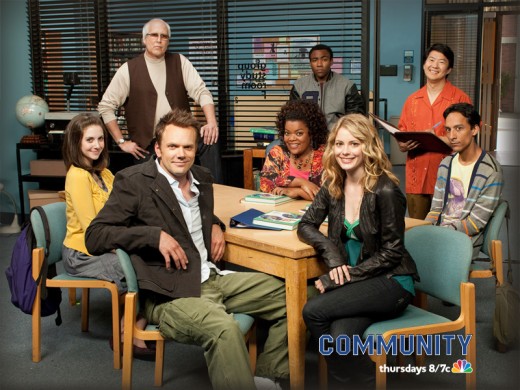
The 2011 Primetime Emmy Awards nominations were announced this morning and came the expected crop of previous years’ nominees as well as recognition for newer shows. Yet, in the comedy field, one innovative show that’s developed a cult following just after two seasons was shut out again this time. I’m talking of course, “Community,” one of the funniest and freshest comedies on network television that deserves more recognition.
Don’t get me wrong, I was happy to hear that other comedies like “30 Rock,” “The Big Bang Theory,” “Parks and Recreation,” and “Modern Family” picked up numerous nominations this year. But “Community” is a show that isn’t afraid to break the fourth wall and doesn’t copy the well-established multi-camera sitcom structure. While critically acclaimed, perhaps a fault of the show is its inability to make a dent in the Nielsen ratings, especially this past season when CBS’s “The Big Bang Theory” was moved to the 8pm Thursday slot that’s occupied by “Community” on NBC. So if the Academy of Television Arts and Science won’t honor “Community,” I’ll take this opportunity to do that myself.
Created by Dan Harmon, “Community” is an ensemble comedy set at the fictional community college Greendale in Colorado. Jeff Winger is a disbarred lawyer who faked his college degree but makes a deal with the Colorado Bar Association to enroll at Greendale so he could practice law again in the future if he graduates. Arrogant and self-centered, Jeff isn’t the the most likable. In the first few episodes of the series, he forms a study group in hopes of hooking up with his new classmate Britta (Gillian Jacobs). Britta is the compassionate one of the group who served in the Peace Corps, supports environmental causes and tends to be the voice of reason during certain conflicts within the group. Abed is the Palestinian-Polish American student with an off-beat social personality and frequently makes pop culture references when the occasion arises. Troy Barnes (Donald Glover) is a former high school football star who forms his own “bromance” with Abed, as they learn of a shared sense of humor.
Shirley (Yvette Nicole Brown) is a recently divorced African American mother and devoted Christian who is the friendliest of the group but tends to stick her nose in others’ business. The straight-laced Annie Edison (Alison Brie) is the serious and studious one of the group. Sexually naïve and often recuses herself when others are up to mischief, she still appreciates being apart of the group. Pierce Hawthorne (comedy veteran Chevy Chase) is the “old man” of the group, a moist towelette tycoon who has a difficult time grasping youth culture. Often making racist and sexist remarks, Pierce would end up resenting the rest of the group for leaving him out in many of their activities. During the first season, the group is enrolled in a Spanish class taught by Señor Ben Chang (Ken Jeong), who has an over-the-top personality with no real concern for his students’ well-being. At the end of the first season, it’s revealed that Chang doesn’t have a teaching certificate so he enrolls as a student in the second season and tries to join the study group since he secretly wished to be accepted.
In the beginning, the show painted Jeff as the main character, who despite his flaws, tended to be likable. He feigned interest in any of his other classmates and often made snarky remarks while trying to get by without any effort. Soon, the supporting cast would evolve and their relationships with one another grew closer more organically. During a recent interview on Marc Maron’s “WTF” podcast, Harmon described the beginning of the show and its uncertain outlook of how the characters would develop over time:
“I remember thinking it would take 12 episodes in the first season for the show to become less about Joel McHale not wanting to hang out with these knuckleheads. It happened so fast, as soon as these people were onscreen together and the audience was seeing them onscreen together, they were six episodes behind what we had already done, and so there had to be all this correction even in the first season because the chemistry between these people made it perfectly believable that they would all be hanging out all the time and helping each other solve problems. I’m always trying to gain and keep the audience’s respect. I always want them to know the show doesn’t think they’re stupid for watching.”
Harmon later described the evolution of the writing and the characters over the last two seasons. In a scripted show, “Community” does have the freedom for the actors to improvise in many cases and thus allow for their own characters to grow. Harmon described the process of creating these people on paper and seeing how he and the writing staff learned from the actors’ performances.
“The writers and the actors barely see each other but there is this important back and forth that happens where the writers try to learn how it is the actors are funny. Instead of working against them, you go, “well, who is this person?” We thought originally that maybe she [Jacobs] was going to be the new Jennifer Aniston but it turns out she’s the new ‘blah blah blah.’ And you play to strengths and it’s also actors, seeing them and making them their own and being willing to do anything and just trust us. I’d imagine this would have to happen on any TV show, the actors become owners of their characters, they know what they’re doing after awhile.”
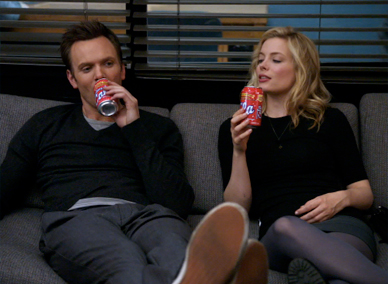
The inspiration of the show came from Harmon’s experience of enrolling at a community college in California in the hopes of saving the relationship with his then-girlfriend. While it didn’t work out with her, he got involved in a study group with people he wouldn’t normally hang out with because of his narcissistic personality. In an interview with the A.V. Club, Harmon described his experiences with the group and its inspiration to turn it into a conceptual pitch for television.
“I was in this group with these knuckleheads and I started really liking them, even though they had nothing to do with the film industry and I had nothing to gain from them and nothing to offer them. There was a flash where it was like, “Oh shit, this is what normal people do all the time.” So, I tucked that away for a rainy day when my conceptual pitches stop selling. When NBC was interested in working with me, it was like, let’s bring out the simple, grounded, realistic idea.”
Once the writers and actors had developed their own sensibilities with the characters and plots, the other appealing aspect of the show is its no-holds-bar production. When it comes to network TV, “Community” tends to take the more ambitious route. For the second season Christmas episode, Abed is transported to his own stop-motion Christmas wonderland (done in the style of the Rankin/Bass Christmas TV specials). The rest of the cast follows as Abed is trying to find the true meaning of Christmas. In one of the most memorable episodes of the first season, “Modern Warfare” launched a more cinematic element to the show. In the episode, a campus-wide paintball competition left every classroom drenched in paint and loyalties questioned as it was every-man-for-himself for the coveted prize of priority registration for fall semester. Season two ended with a two-part sequel to “Modern Warfare,” an homage to spaghetti westerns that pitted Greendale against their rivals City College. The episode featured guest star Josh Holloway (“Lost”) as a ringer for City College sent in to eliminate the competition.
After two seasons, the show has found its groove and I’m anxiously awaiting to see what season three has in store. While it’s a shame that the show, its writers, and its cast were not nominated in an already crowded field of comedic talent, at least their snub is getting notice. TVLine.com’s Editor-in-Chief Michael Ausiello was disappointed in the lack of nominations while offering particular praise for Alison Brie. Well, there’s always 2012.
If you haven’t had the chance to check out this terrific show, Season 1 is available on DVD while Season 2 is slated to be released on September 6, 2011.

